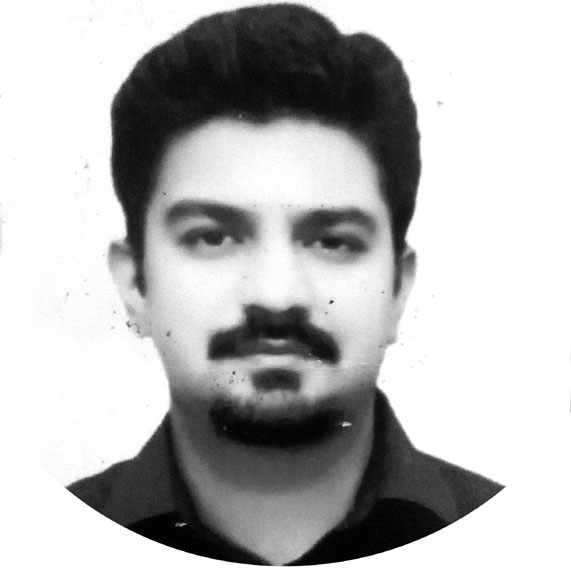The concept of sick role
IN 1951, American sociologist Talcott Parsons presented the idea of Sick Role, which talks about the rights and obligations of someone who has fallen victim of disease.
The general idea is that the individual who has fallen ill is not only physically sick, but now adheres to the specific social role of being sick.
Being sick is not simply a condition, it contains within itself expected rights and obligations based on the social norms that bound it.
The rights of the sick person mean that the sick person is exempt from normal social roles; the sick person is not responsible for his own condition and the sick person has right to be taken care of.
The obligations of the sick person say that the sick person should try to get well and the sick person should seek technically competent help and cooperate with the medical professional.
As someone who has been practising medicine in Pakistan for more than a decade, I can safely say that we, as a nation, do not know how to behave in illness.
The idea that someone who has fallen victim to is exempt from normal social responsibilities is inequitably used.
We see influential people using diseases as an escape route from prosecution, while the poor are obligated to work despite being ill and frail.
In a recent conversation, I had with an old man, who was begging on the street and was carrying an array of paper work as evidence for his ailments, I told him that I, being a doctor, would treat him free of cost, to which he replied that he was getting treatment from a self-proclaimed saint and did not need treatment from a doctor, however, the doctor’s money was good enough for him.
Sick role is also exploited by many people in our society who refuse to work till attainment of complete health, run their households on alms and charity and simultaneously refuse to pursue proper treatment.
In another turn of events, many women also continue an existence in a perpetual state of disease and infirmity, in order to gain more attention from their families.
Two important things to consider at this point are our mental health status as a nation and our disease-prone lifestyles.
These two aetiologies are closely related to each other. Very often people who suffer from psychological conditions have physical manifestations as well, better known as psycho-somatic symptoms.
Chronic diseases like Diabetes and Hypertension also carry their own mental health baggage.
People fail to understand that not all problems can be sorted out through medications and hence a healthy lifestyle is often more important than receiving loads of medicine. A healthier lifestyle includes regular exercise, a balanced diet and time for leisure and hobbies.
In the end the healthcare professionals in Pakistan need to be thoroughly trained in the concept of sick role and mental health challenges.
We easily label patients as malingerers while failing to identify the long-standing mental health issues that have led up to their presenting situation.
—The writer is Assistant Professor Public Health, Islamabad Medical and Dental College.










